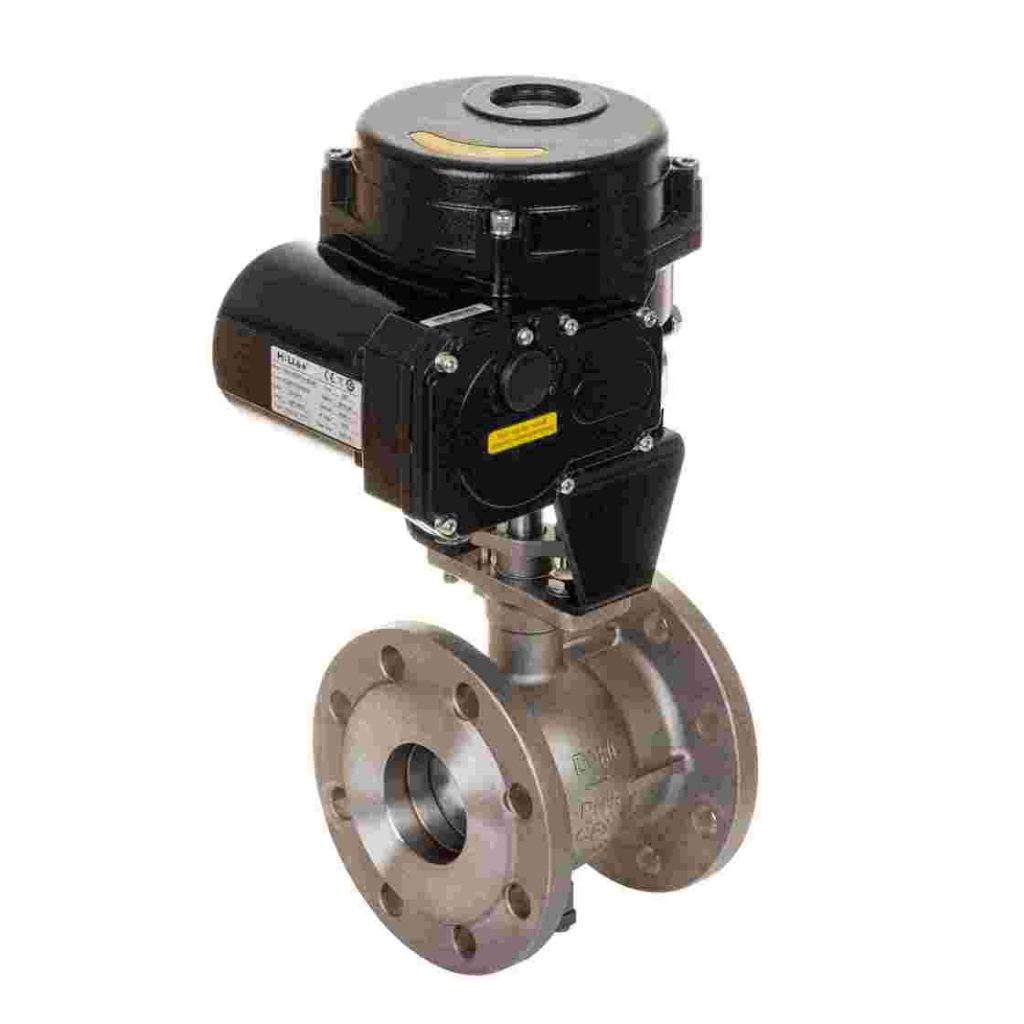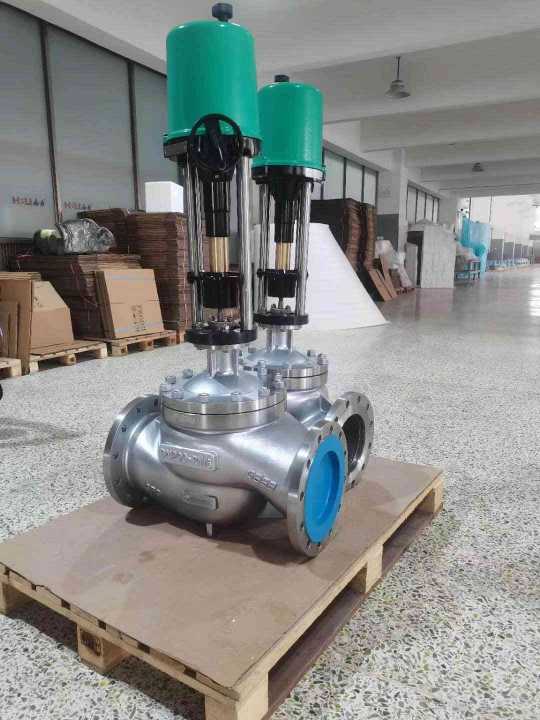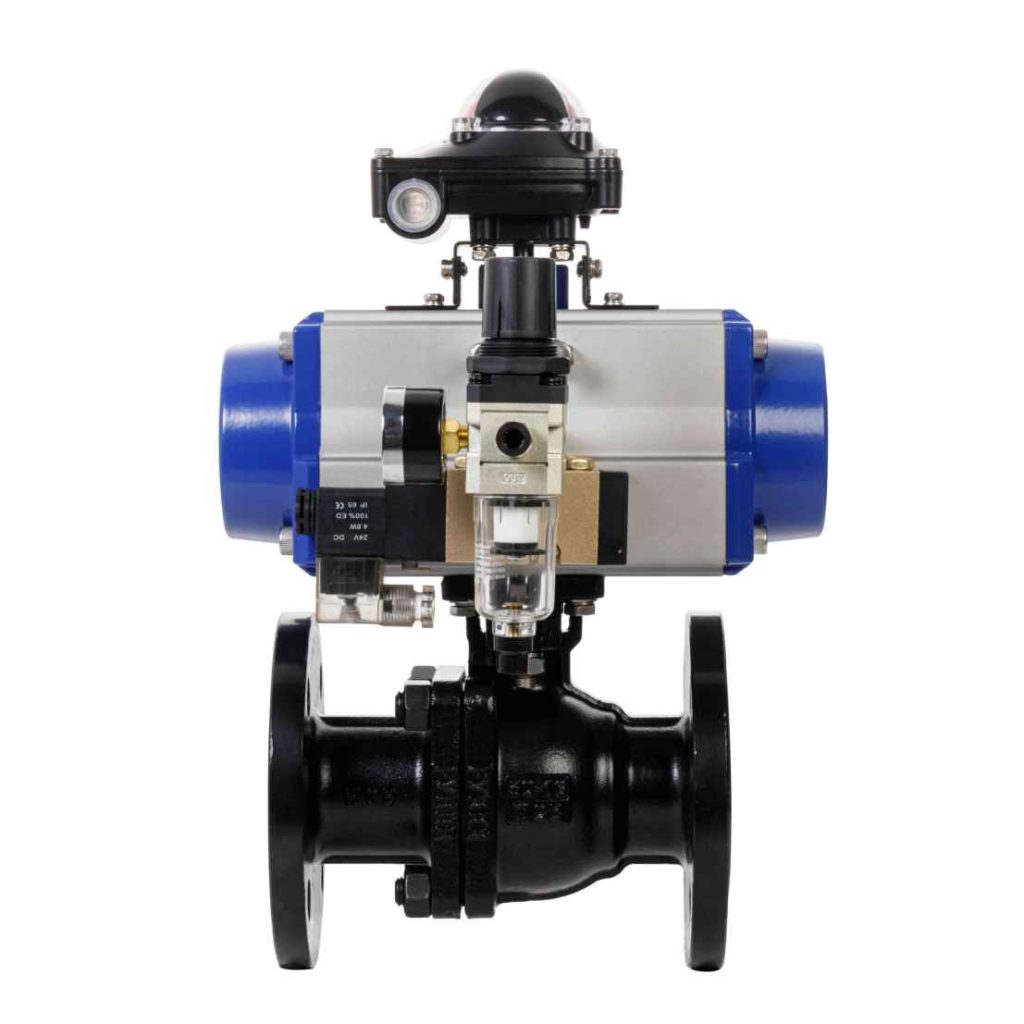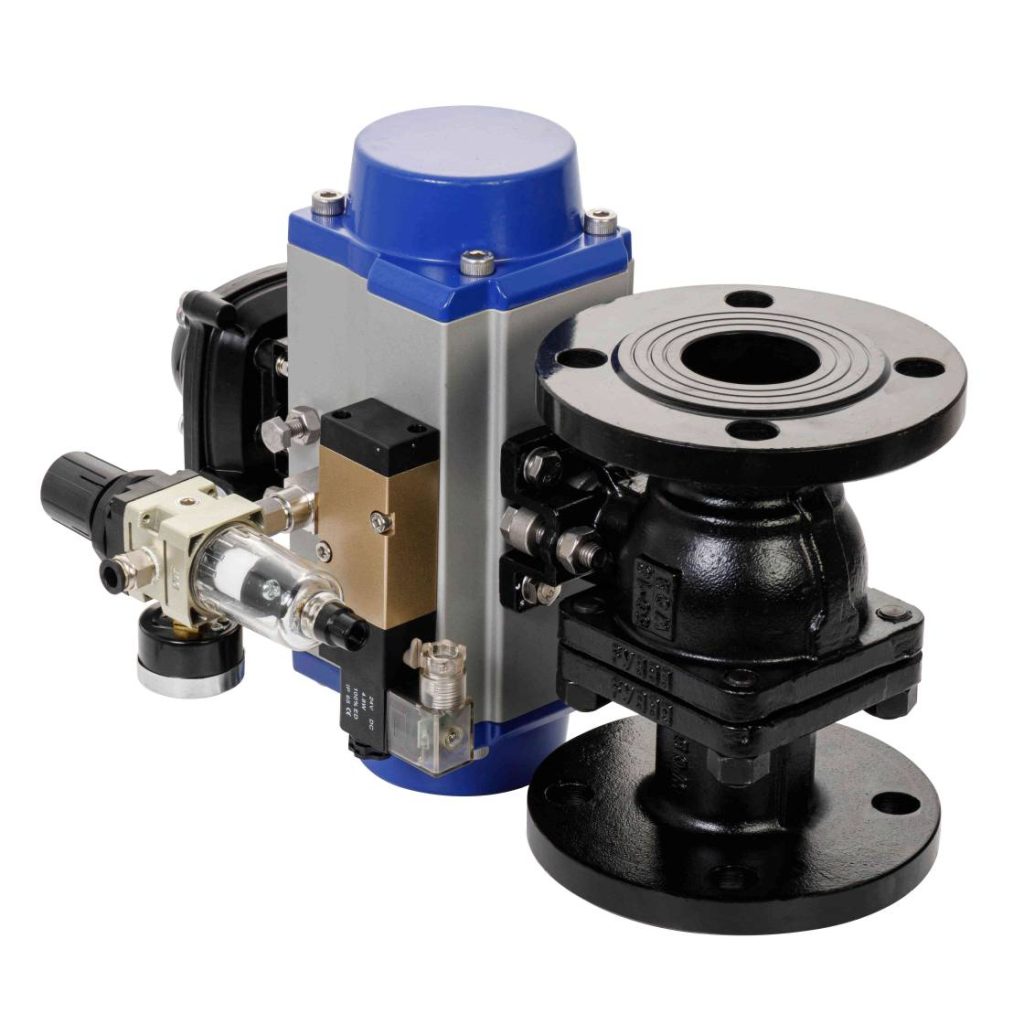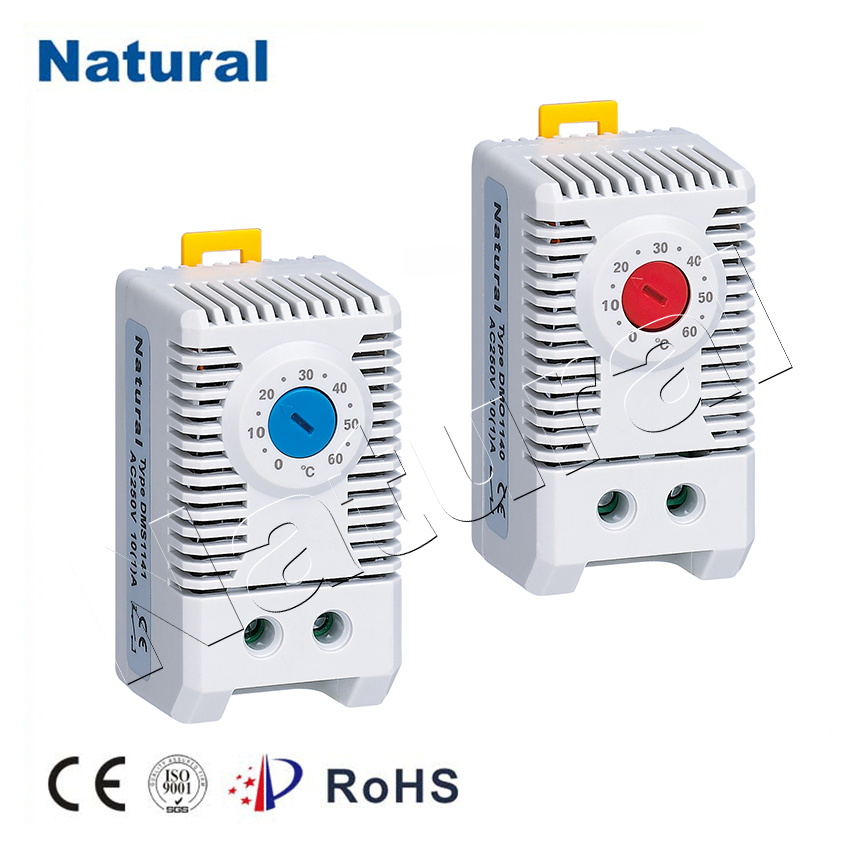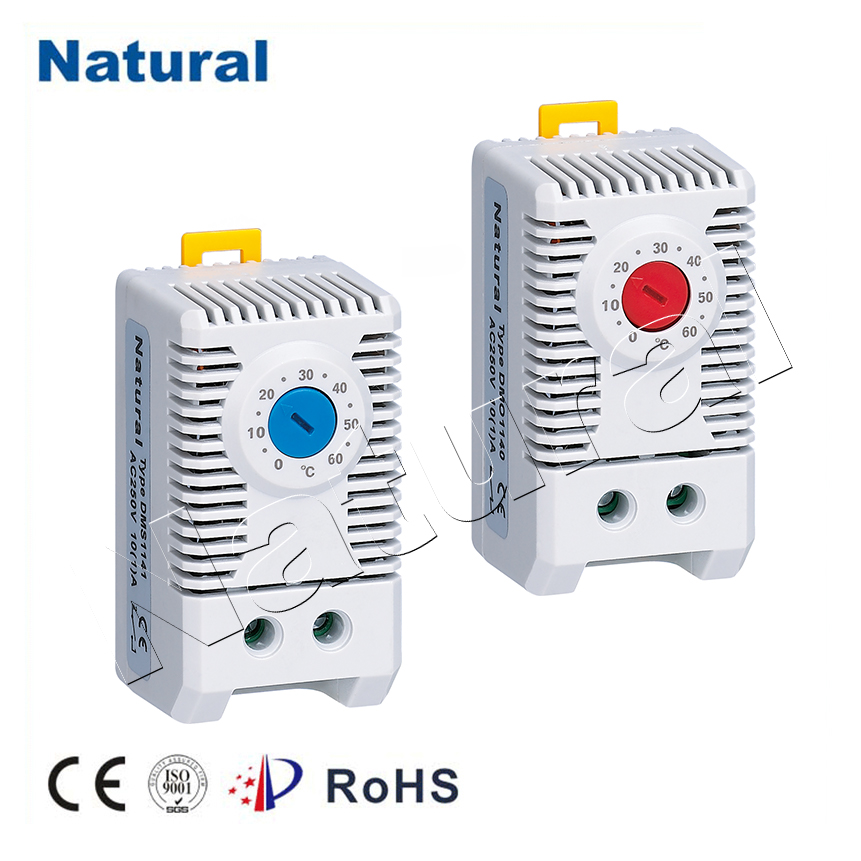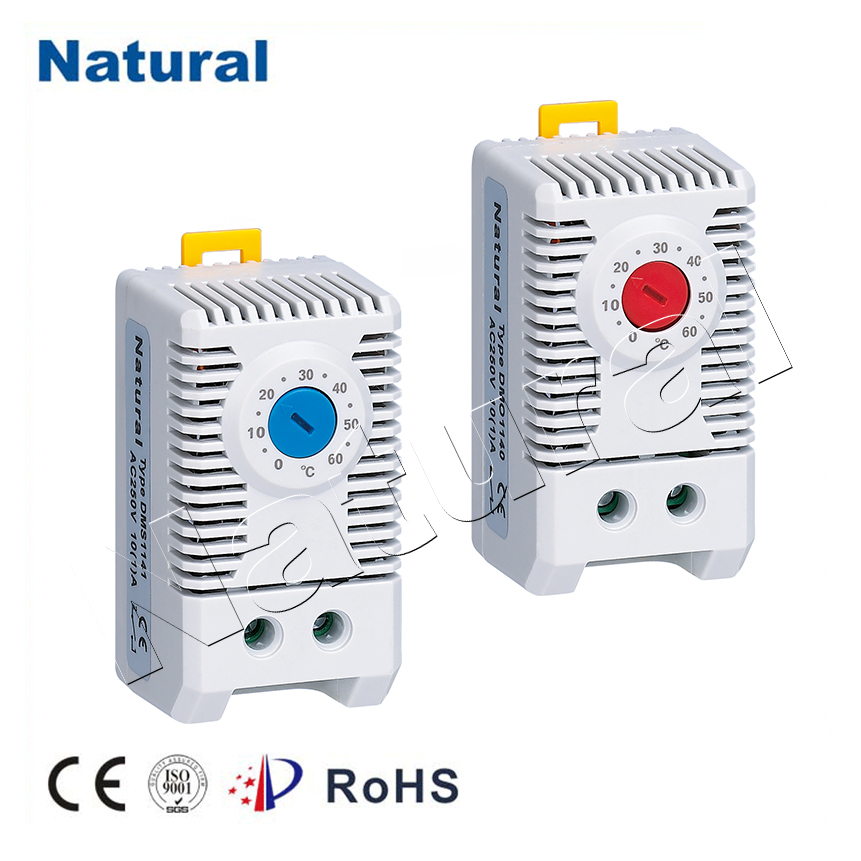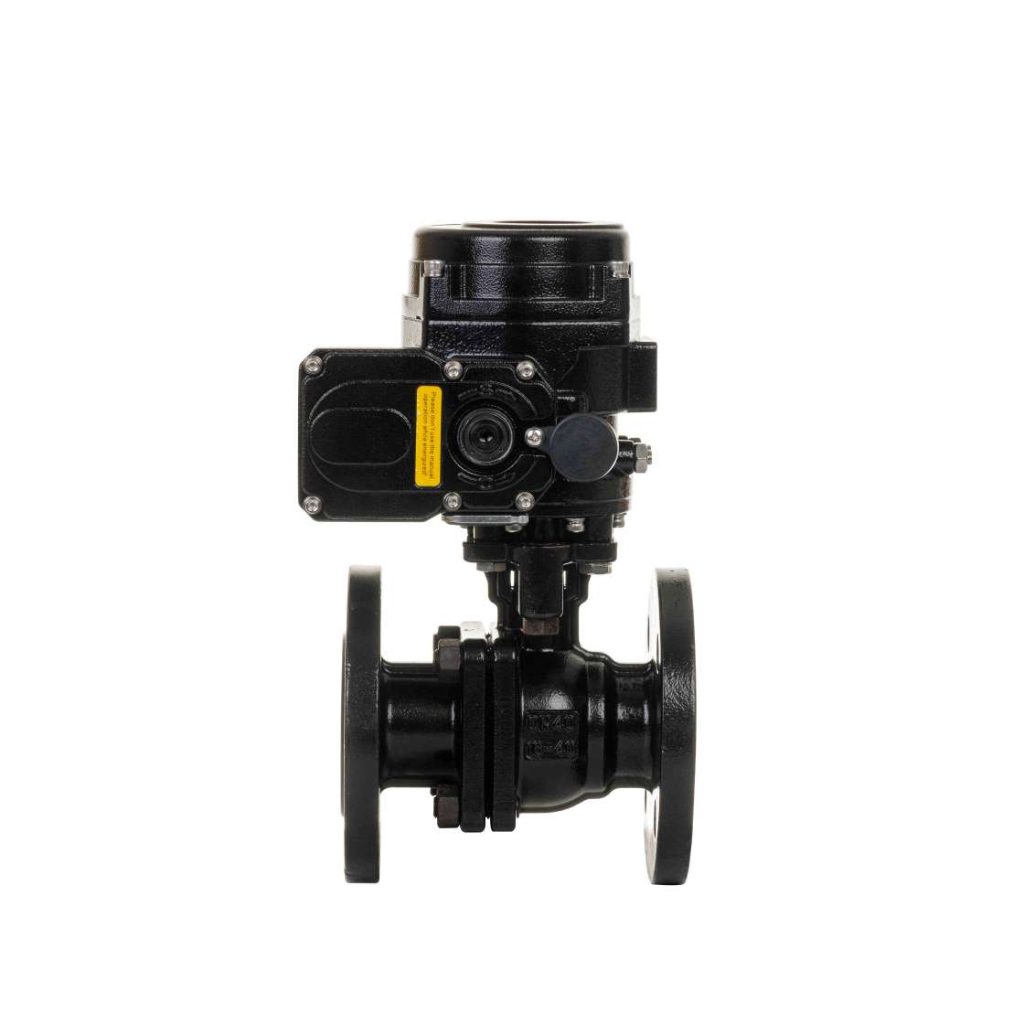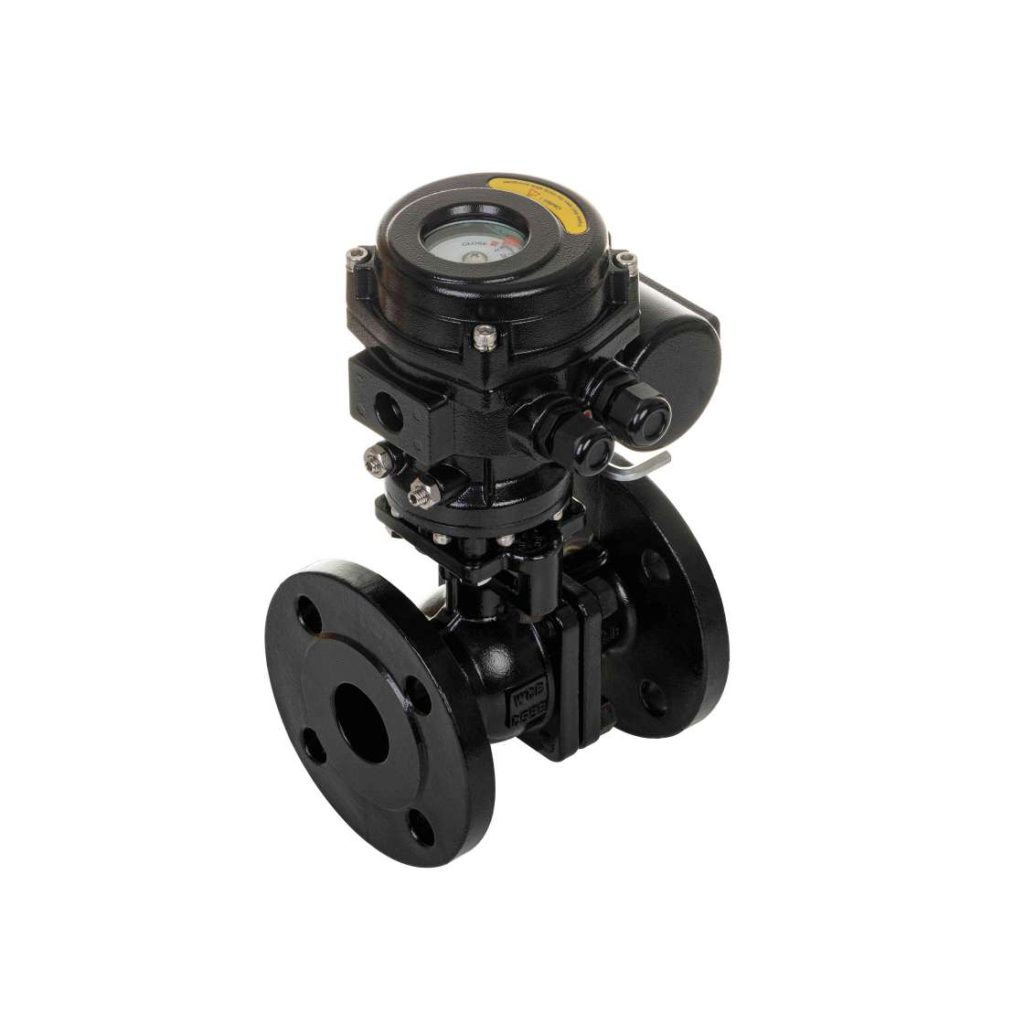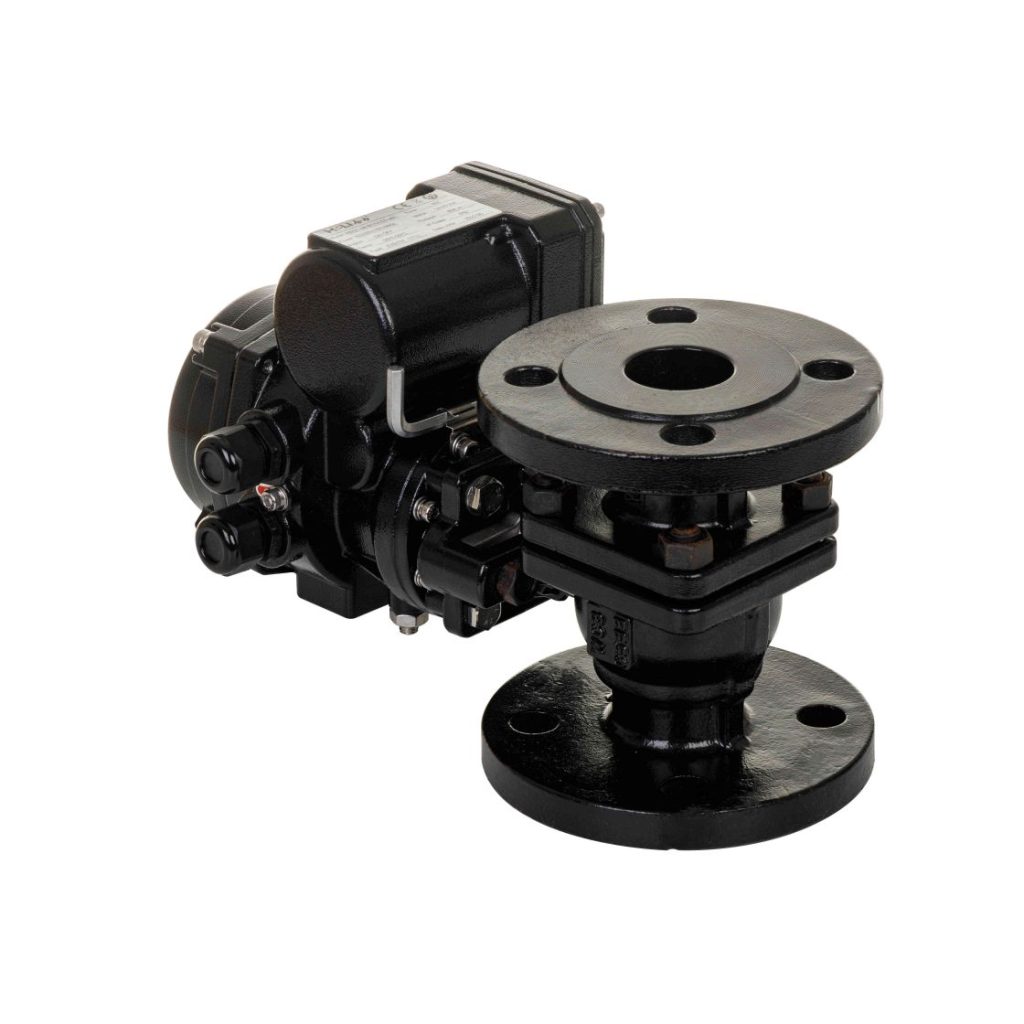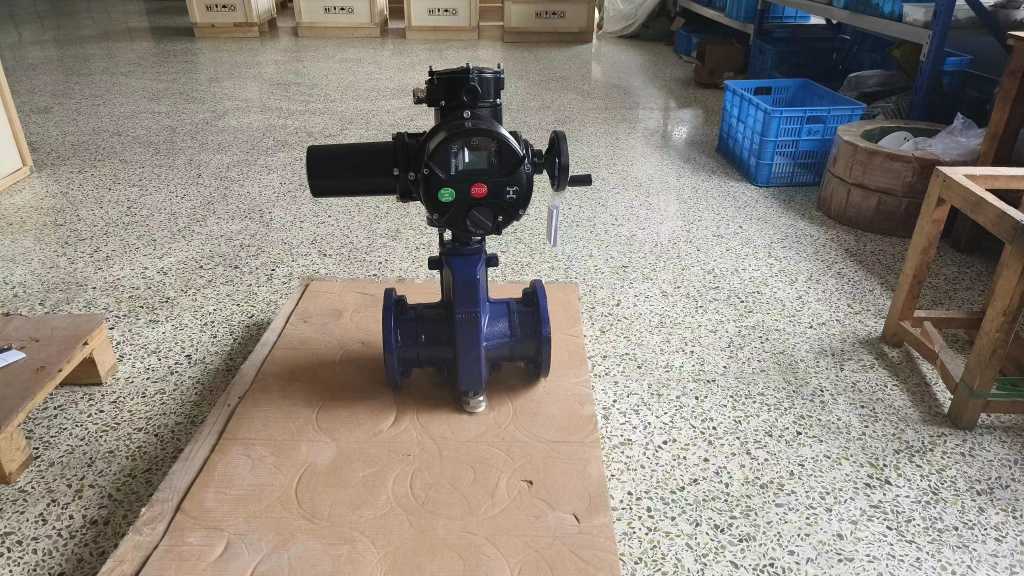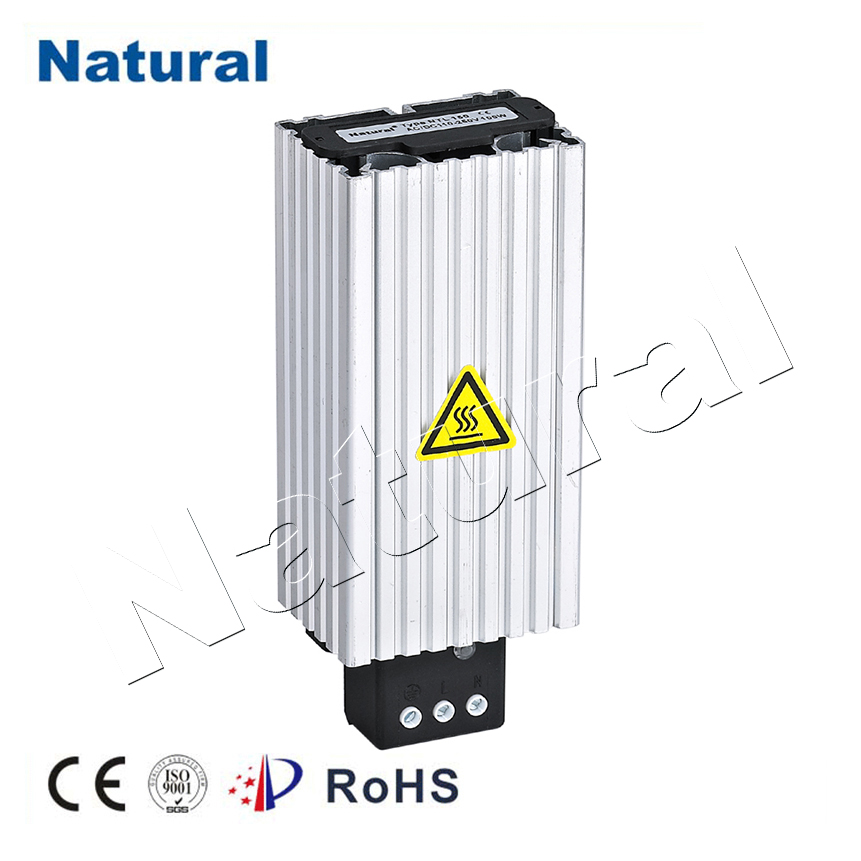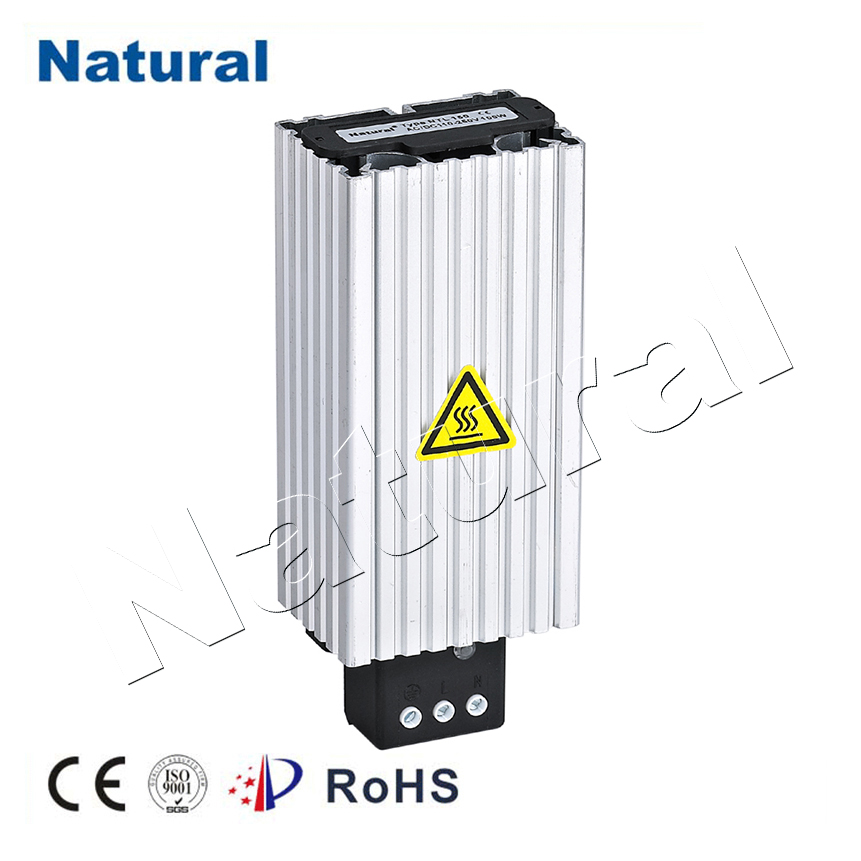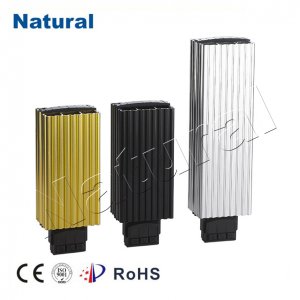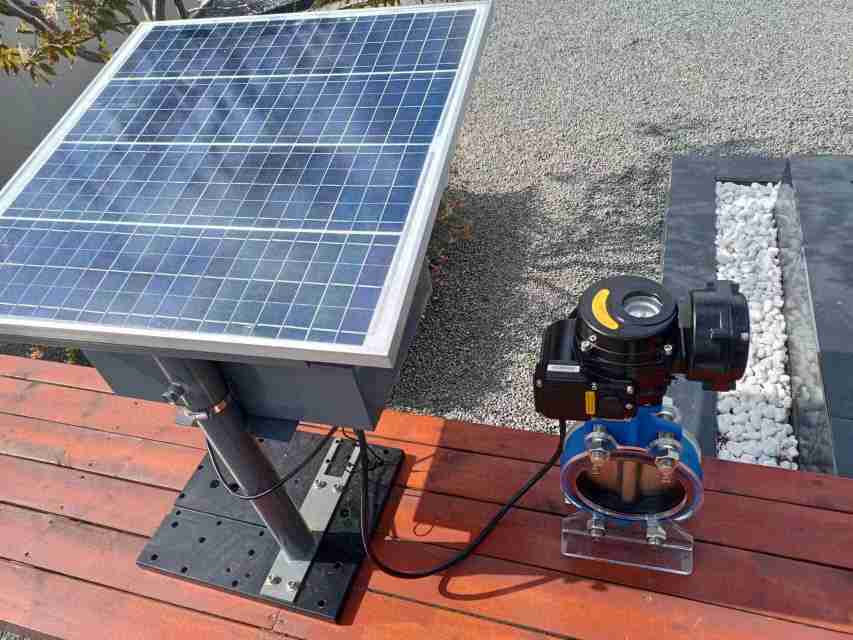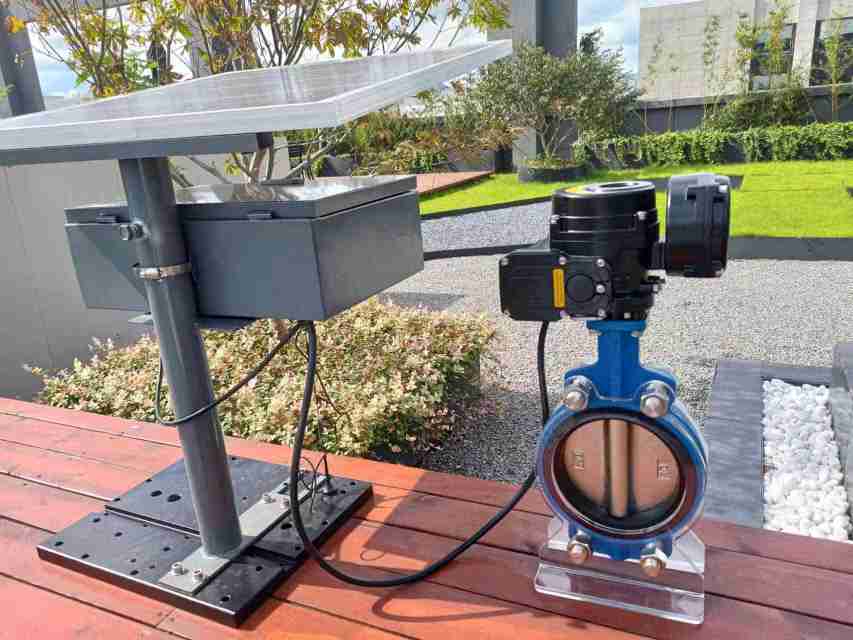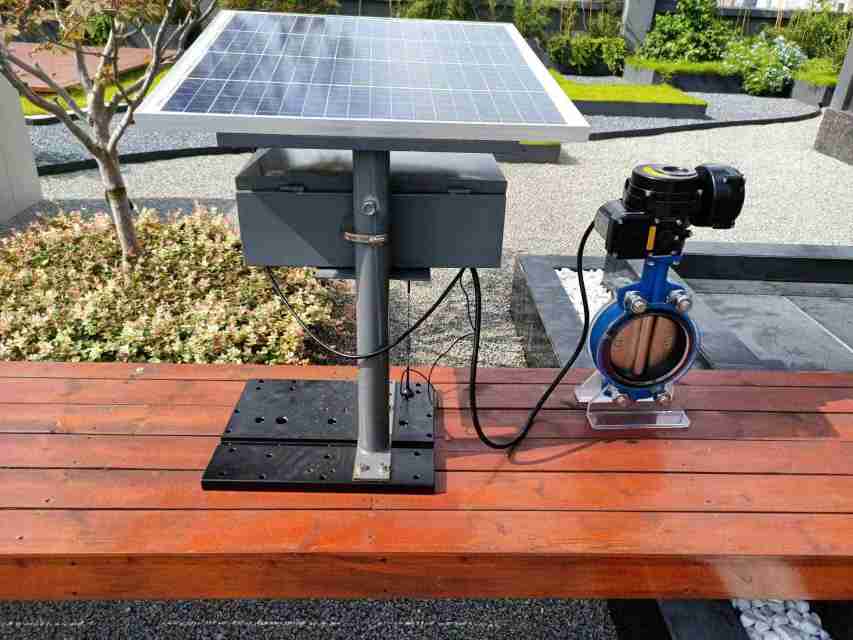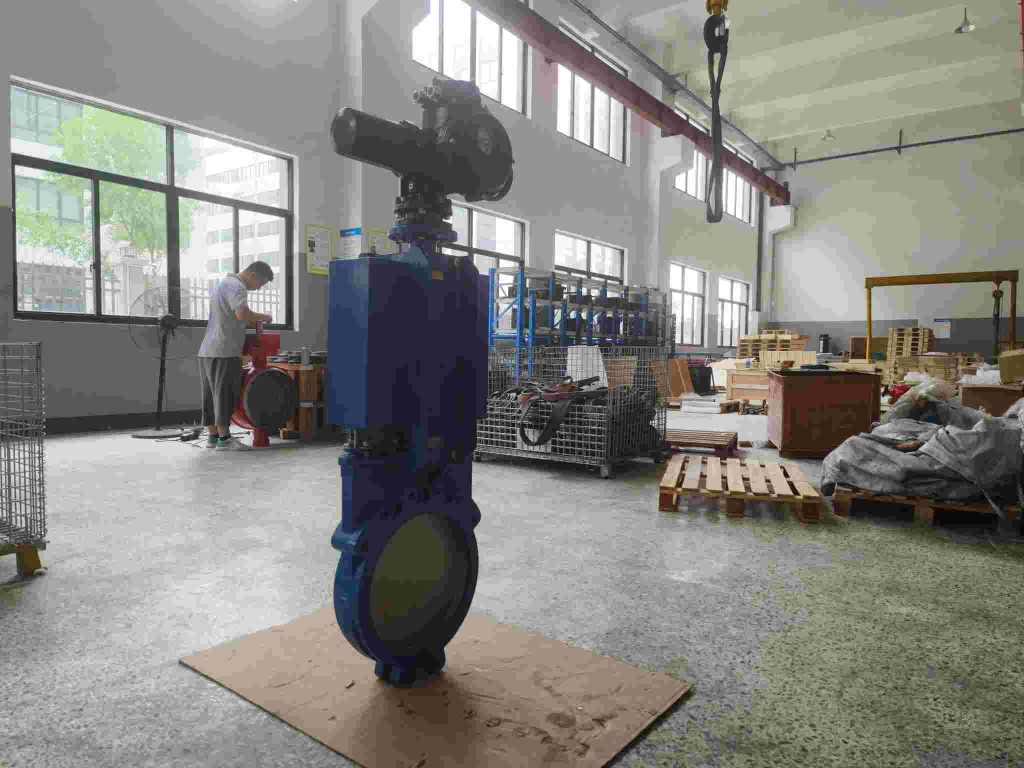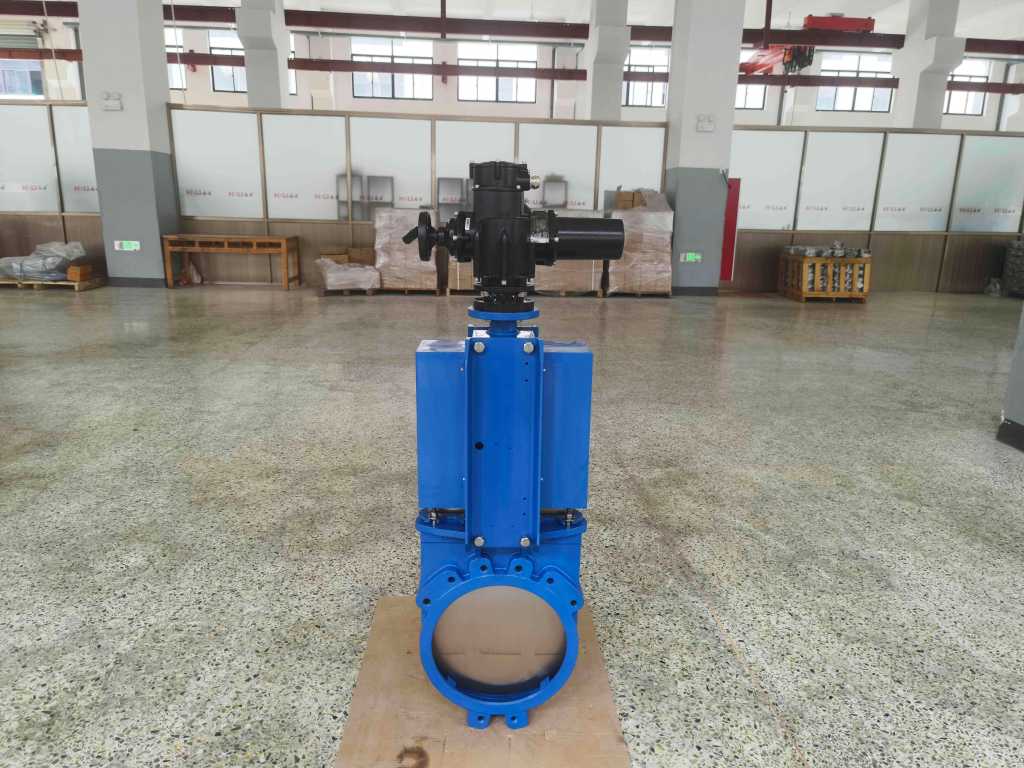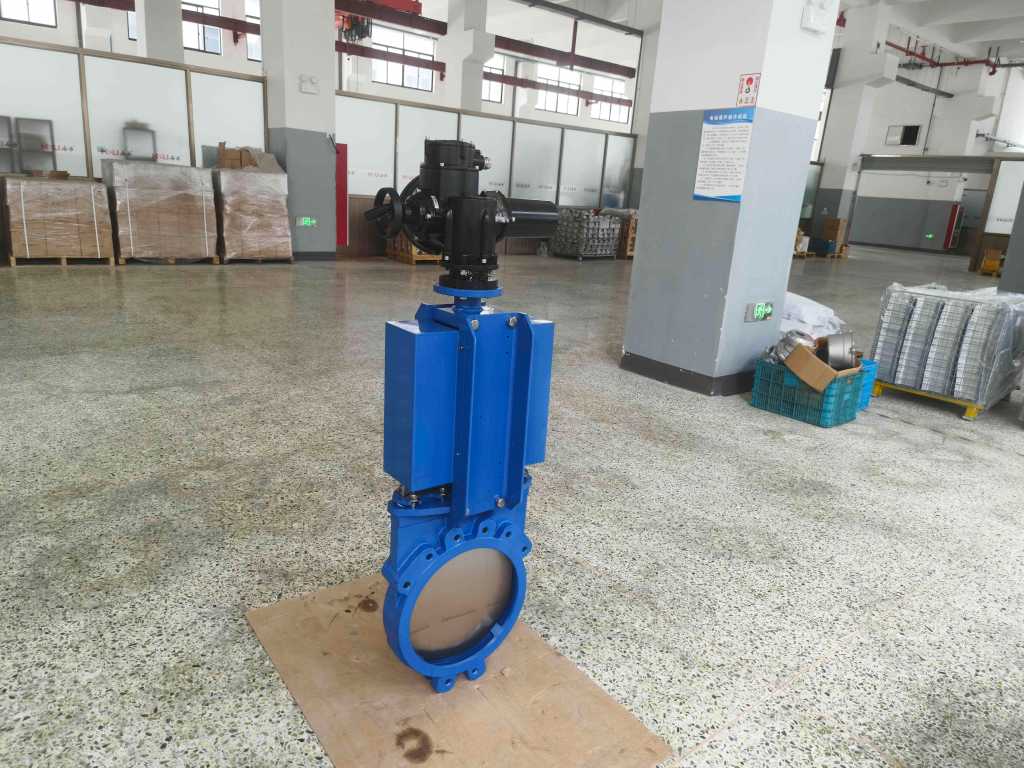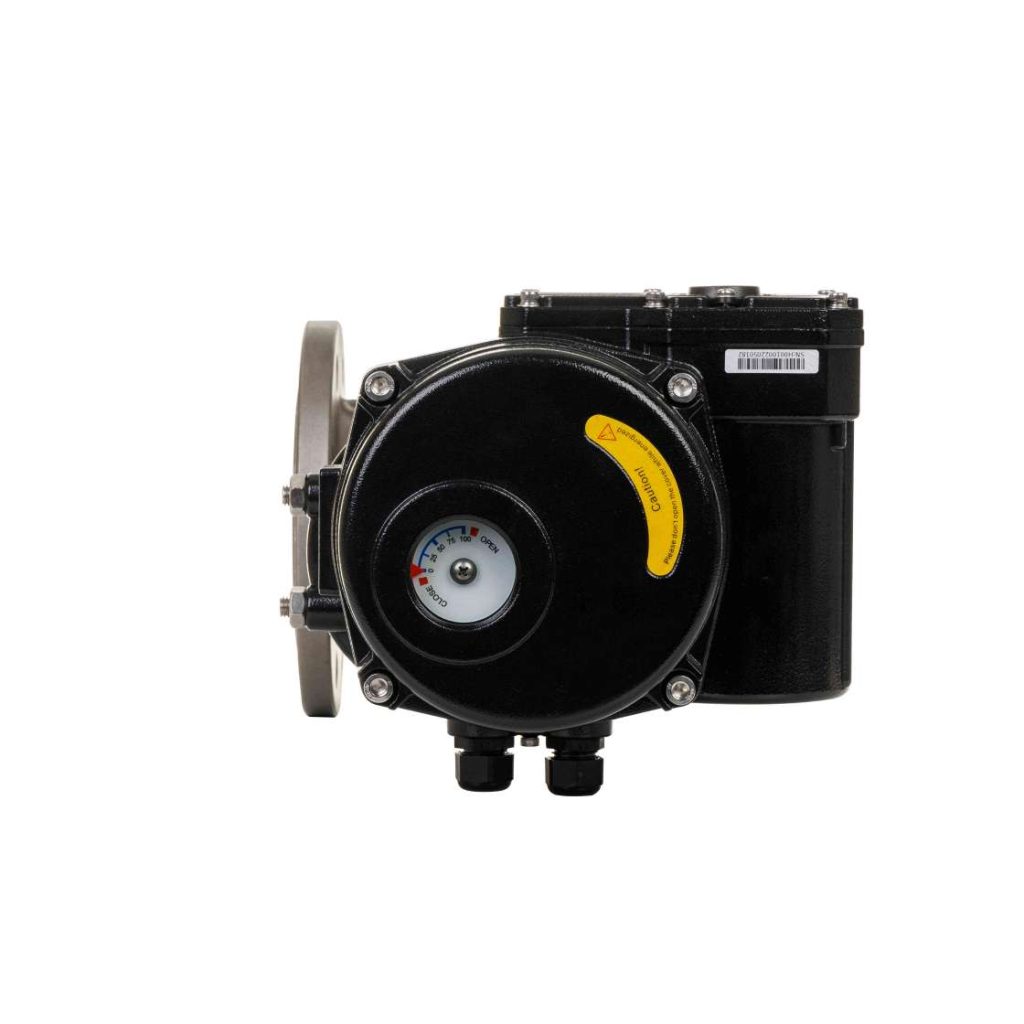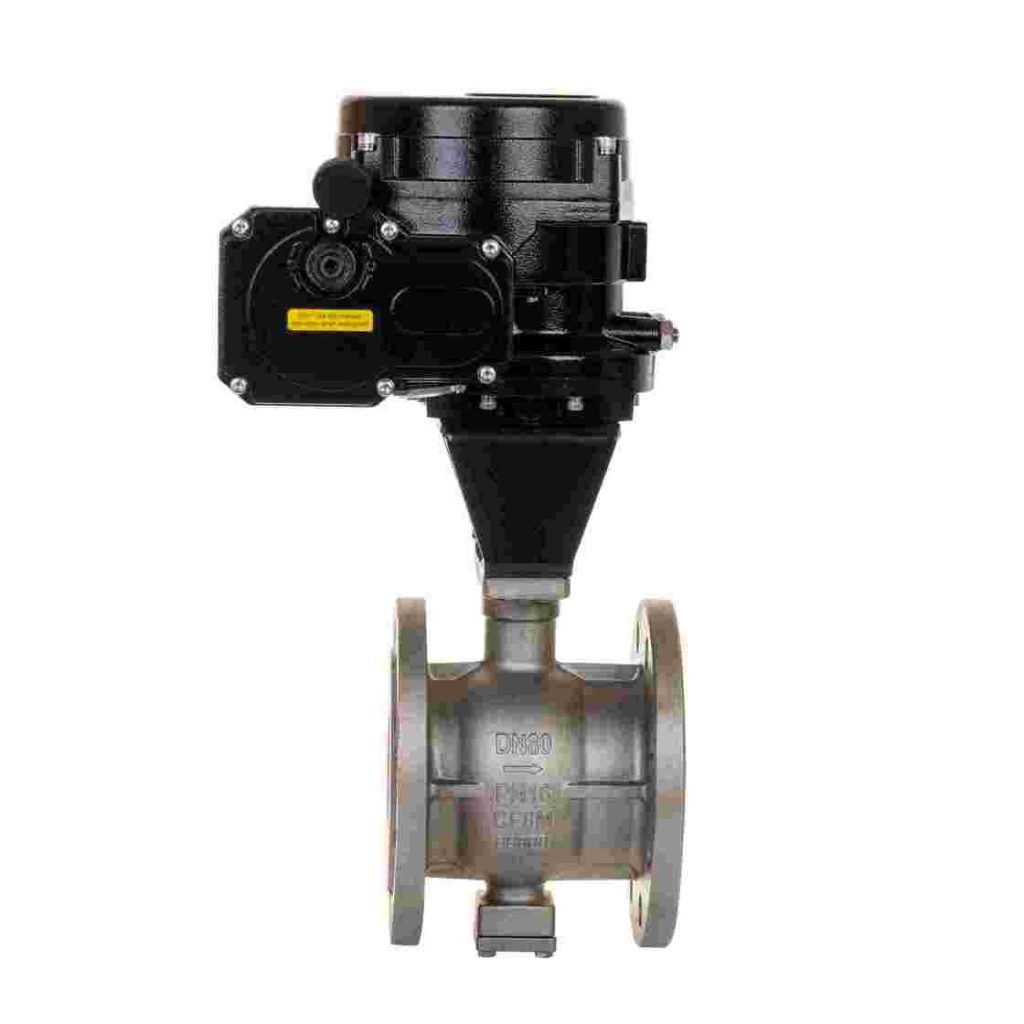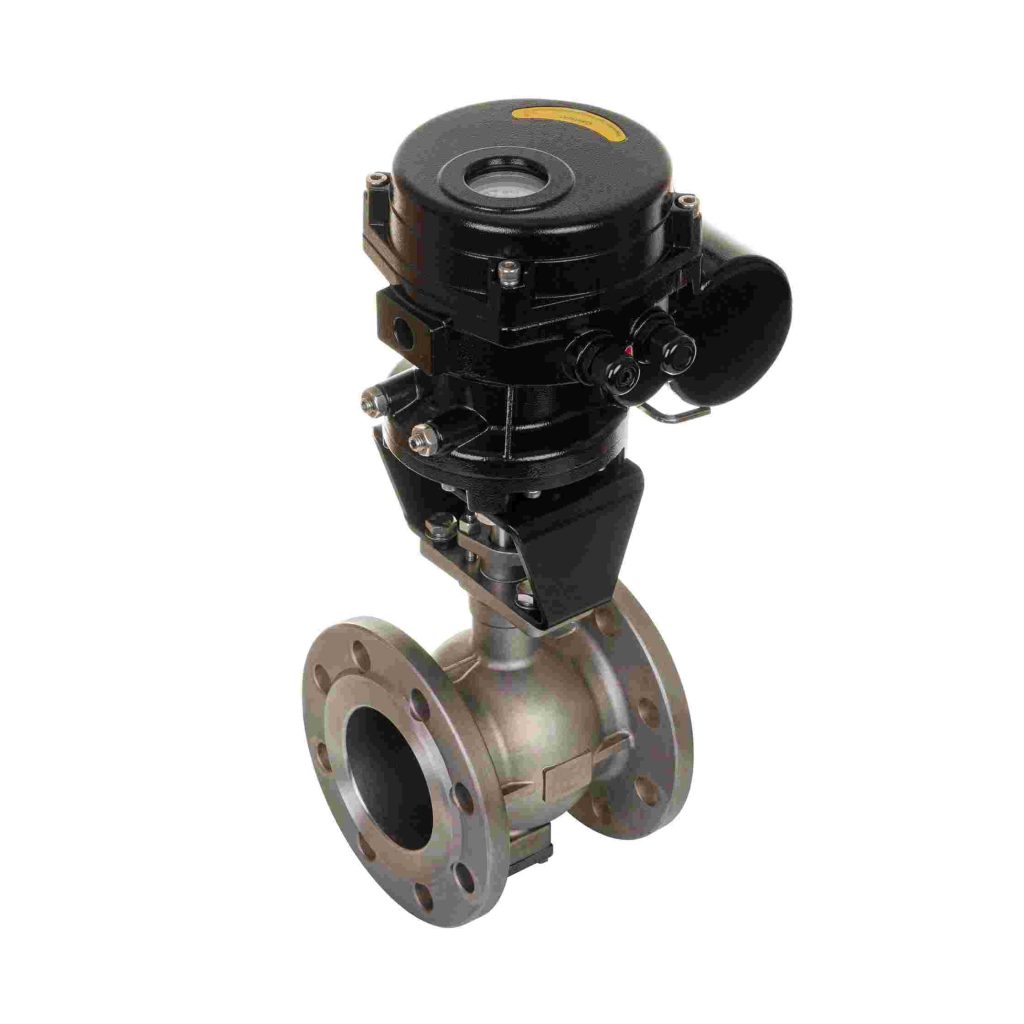In today’s industrial world, the need for valves that can perform safely and efficiently in hazardous environments is paramount. One such solution is the Explosion-proof Electric Stainless Steel Flange Ball Valve, a state-of-the-art product designed to combine safety, automation, and durability in extreme conditions. This valve is widely used in industries such as petrochemical, oil and gas, power generation, and other sectors where the presence of explosive gases, liquids, or dust is a constant threat.
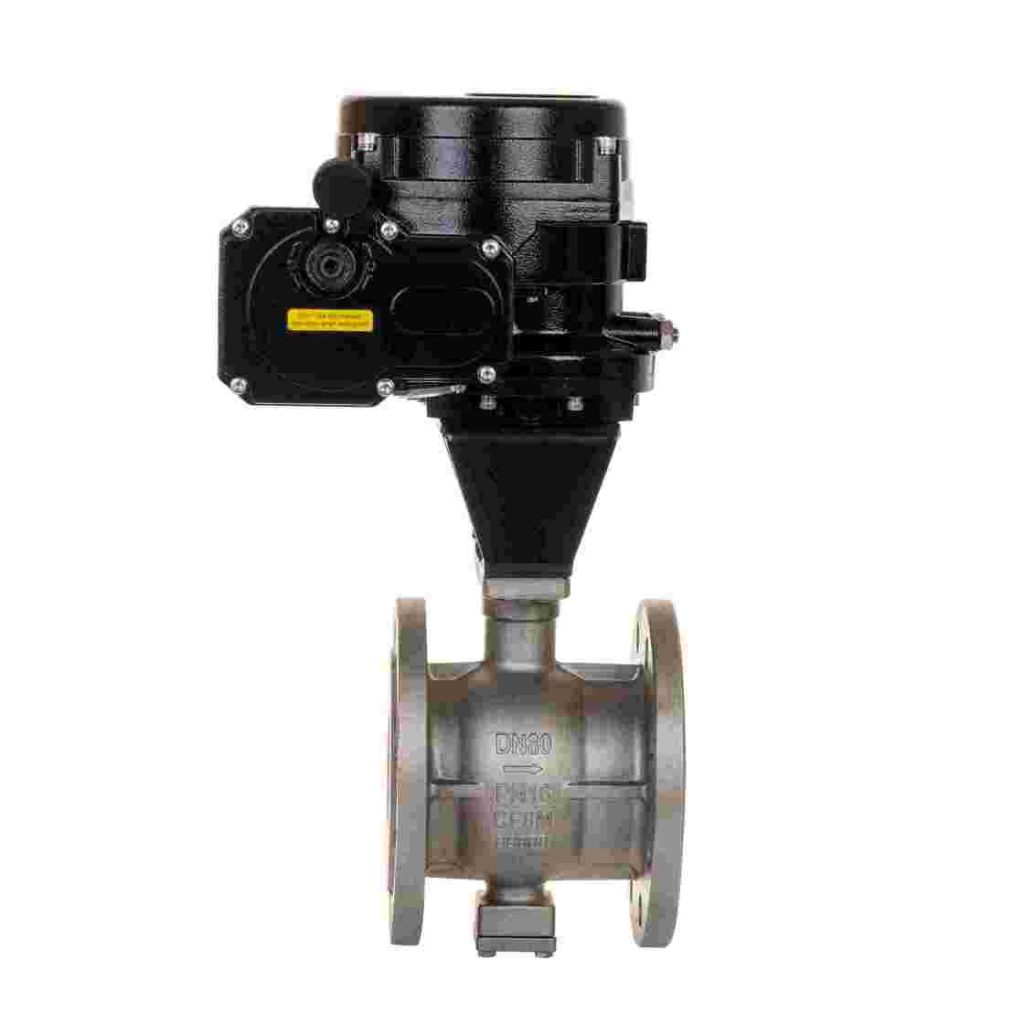
What is an Explosion-proof Electric Stainless Steel Flange Ball Valve?
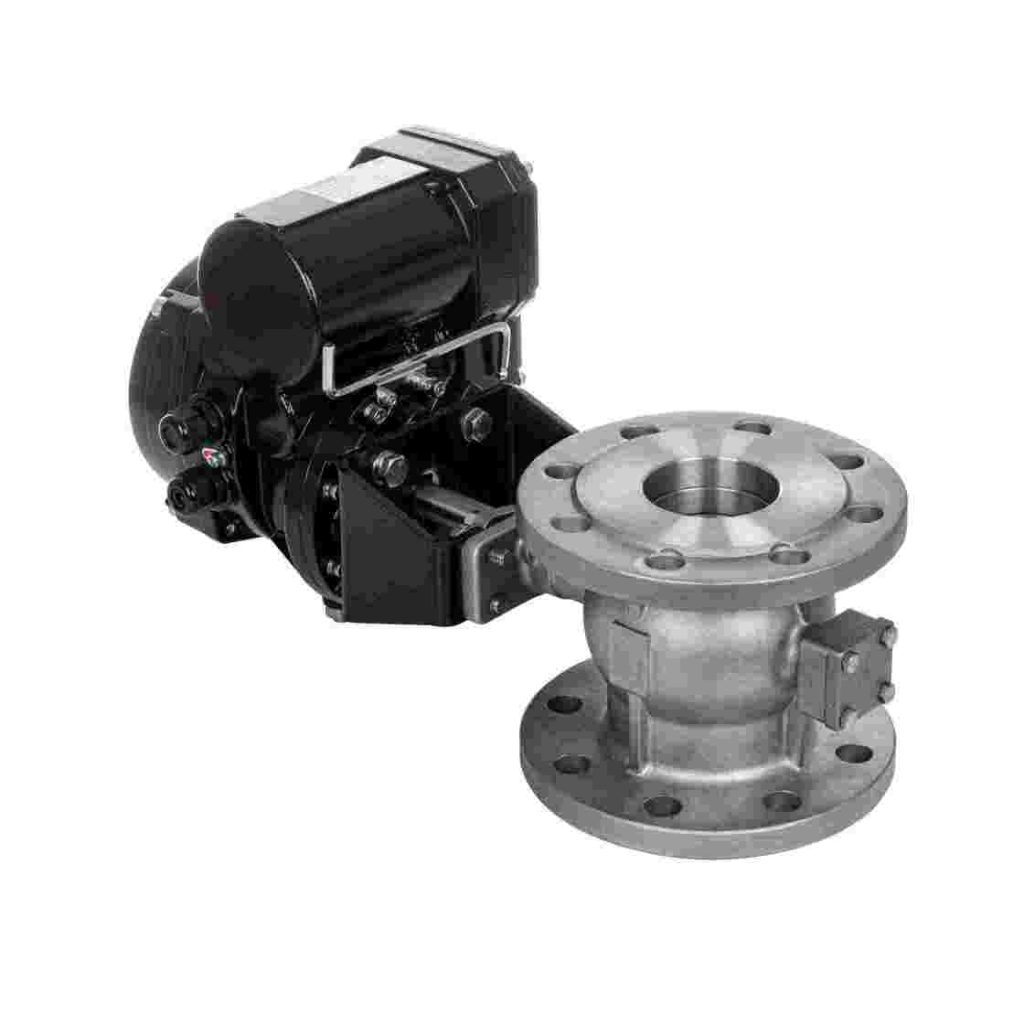
An Explosion-proof Electric Stainless Steel Flange Ball Valve is a specialized valve designed to prevent sparks, overheating, or any electrical failures that could potentially cause an explosion in environments with explosive atmospheres. These valves are equipped with electric actuators for remote or automated operation and are typically made from stainless steel to ensure long-lasting durability and resistance to corrosion. They are connected to pipelines using a flange connection, making them ideal for applications where quick, secure installation and robust sealing are essential. Key Features of Explosion-proof Electric Stainless Steel Flange Ball Valve
